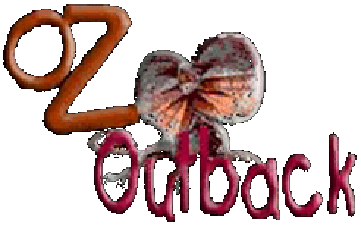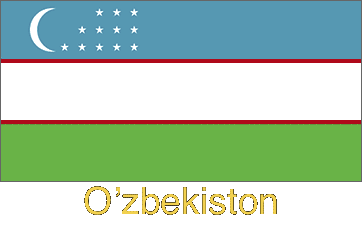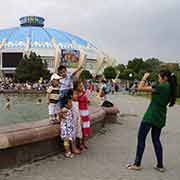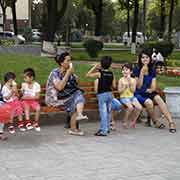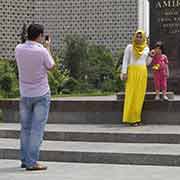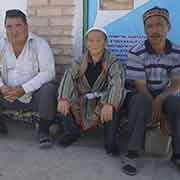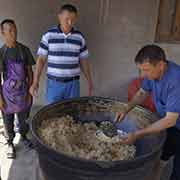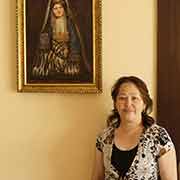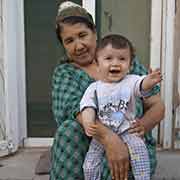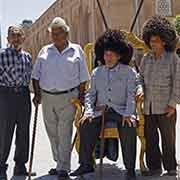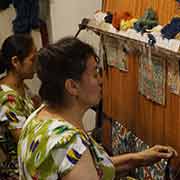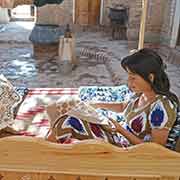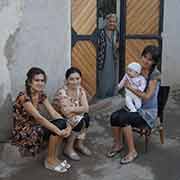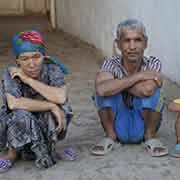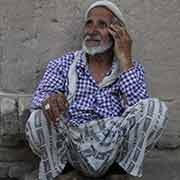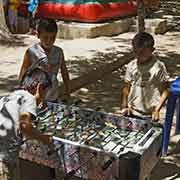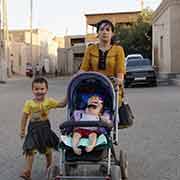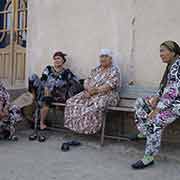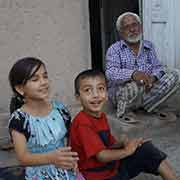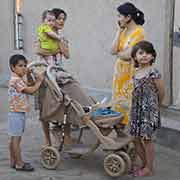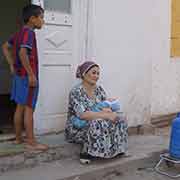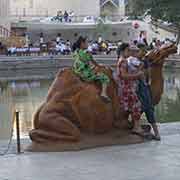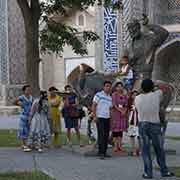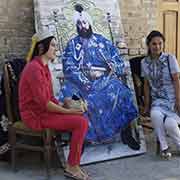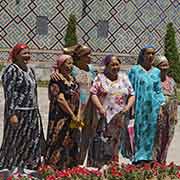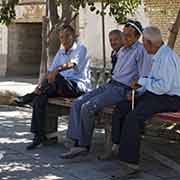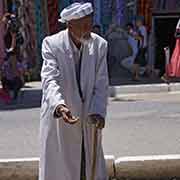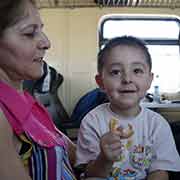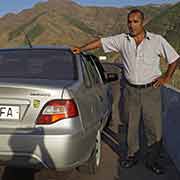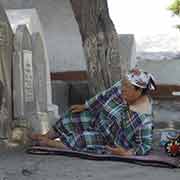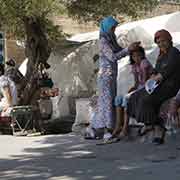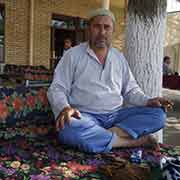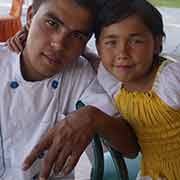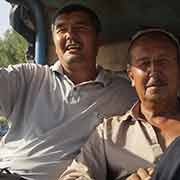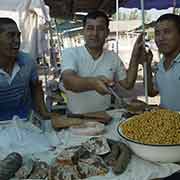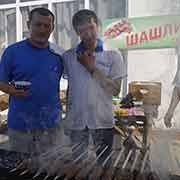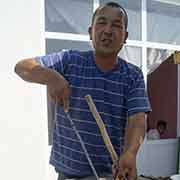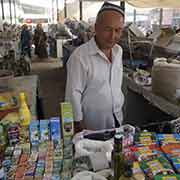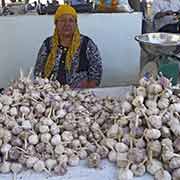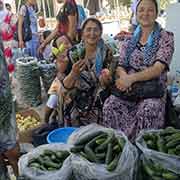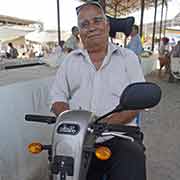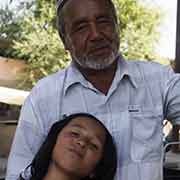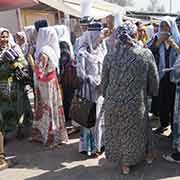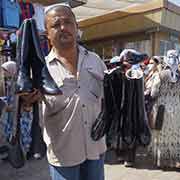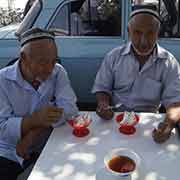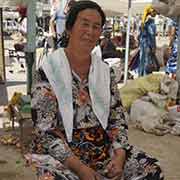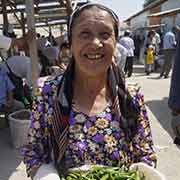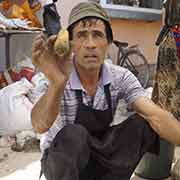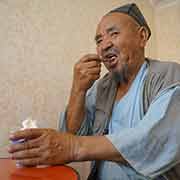Photos of the people of Uzbekistan
The People of Uzbekistan
Uzbekistan is a multinational state with many nationalities living here. About 80% of population are Uzbeks, of Turkic origin and more than 10% are representatives of other Central Asian ethnicities: Tajiks (4,5%), Kazakhs (2,5%), Karakalpaks (2%), Kyrgyz (1%), Turkmens and others, like Uyghurs and Dungans, originally from China. Other large ethnic groups include Russians and other Slavic nations (around 10%). During the Second World War and Stalin’s repressive regime many people of other nationalities were deported to Uzbekistan.
you may then send it as a postcard if you wish.
The name Uzbek only appeared in the 15th-16th centuries. There were also people who identified as Sarts, usually town dwellers, but after establishment of Soviet Union, Soviet linguists identified that Sarts and Uzbeks were speaking the same language with slight dialectal differences. Although there were considerably more people identifying as Sart rather than Uzbek, the Soviets officially replaced Sart identity with Uzbek identity in 1921.
The Uzbek language is the sole official language in Uzbekistan and is spoken by around 28 million native speakers here and in surrounding countries of Central Asia. It belongs to the Eastern Turkic or Karluk branch of the Turkic language family and has been influenced by Russian (in its vocabulary), Arabic (in terms related to Islam) and Persian: the shift of the vowel /a/ to almost /o/, as is obvious in some Uzbek place names: O’zbekiston rather than Uzbekistan and Buxoro instead of Bukhara.
The people of Uzbekistan of all ages, young and old, are very open and friendly to the visitor as can be seen in these photos.
